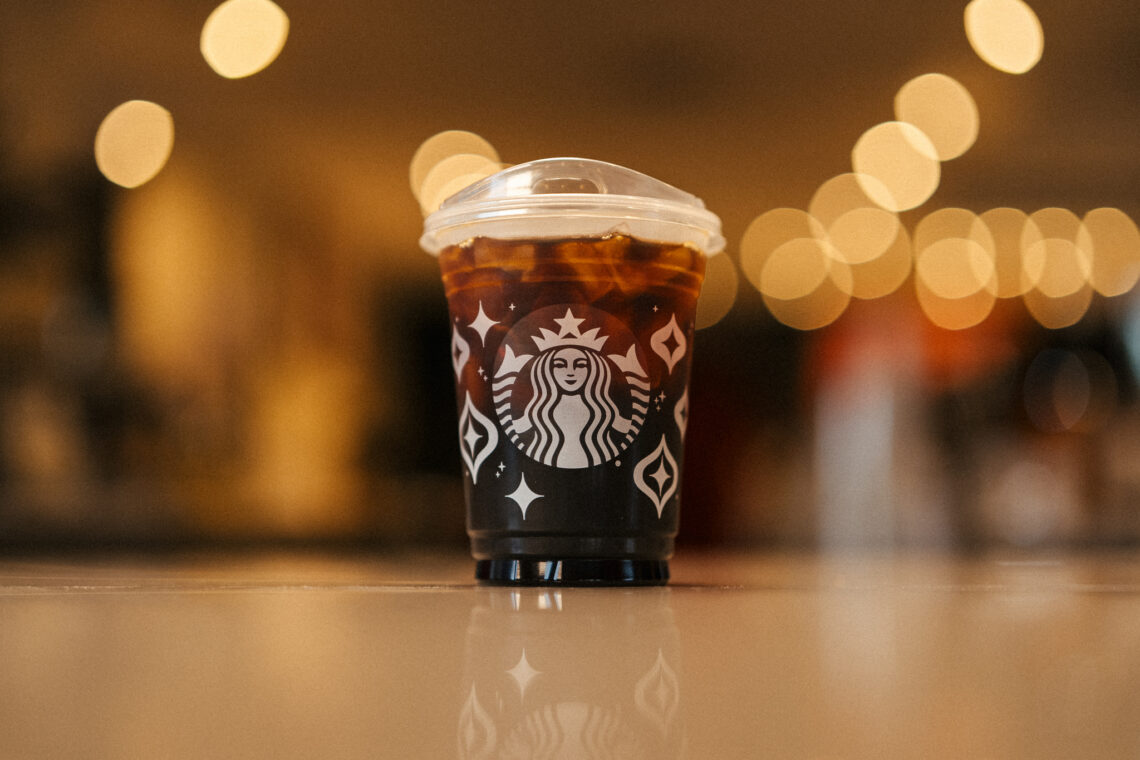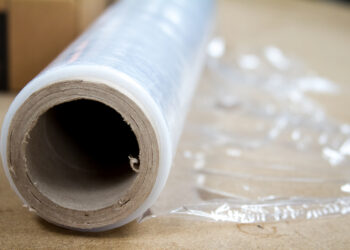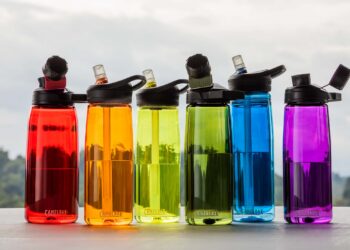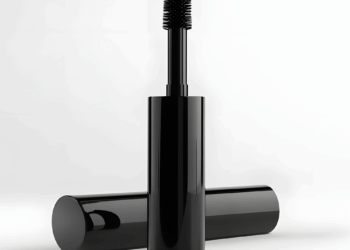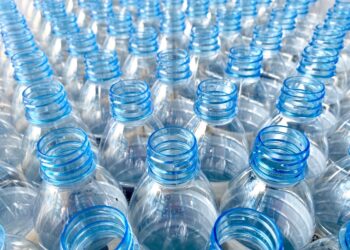Plastics Recycling Update
ICYMI: Top 5 plastics stories from January 2026
News on the sudden withdrawal of California’s proposed recycling regulations, California recycling data, another RPET closure, EU support for recyclers,...
Flexible Film Recycling Alliance releases first report
The Flexible Film Recycling Alliance has published its first report on progress made toward accelerating recycling rates, expanding access to...
Eastman looks to recycling plant to drive growth
Despite a "highly uncertain" macroeconomic landscape, the company expects to see accelerated revenue growth in 2026 from its Renew line...
Dow makes case for PE price hikes amid layoffs
Persistently low virgin resin pricing has been a significant factor for PE recyclers, who have been unable to compete.
Emerging state EPR shows trend toward harmonization
During an APR webinar, recycling policy experts explored the growing list of EPR bills for packaging, and the implications for...
VW investing millions in auto recycling in Germany
The German vehicle manufacturer plans to invest up to €90 million in its Zwickau plant, in efforts to supply its...
Ineos launches R-PP grade for EU cosmetics packaging
The new hybrid resin contains 70% mechanically recycled PCR plastics with virgin "booster polymers" for use in cosmetics applications including...
Producers settle with California AG over plastic bag claims
The most recent settlements bring the total of penalties and fees payable to the AG's office to $5.1 million from...
Leveraging materials testing for procurement efficiency
In real-world application, variations in resin properties translate into budget risk, from increased scrap rates and production downtime to premature...
Alpek closing Pennsylvania RPET plant
The world's biggest PET producer said in a state WARN notice the plant would close March 15, and APR chief...













